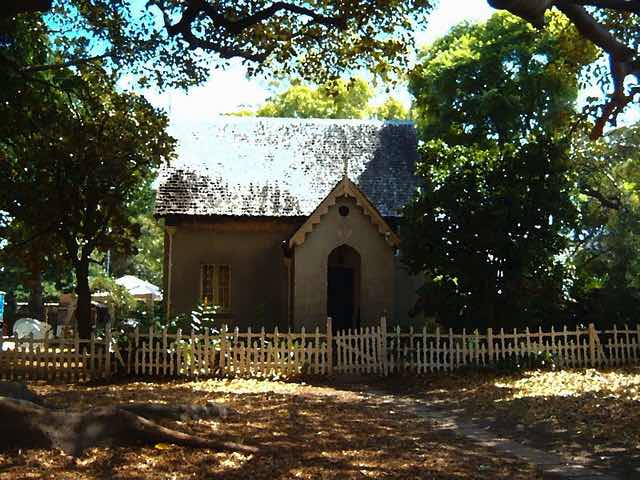Numbers Guessing Game
Your Numbers Game
Get
clueYour
answerYour
ScoreClue? Score 0/0
-
Recent Posts
- YouTube Style SubRip Subtitles Peer to Peer Tutorial
- Video Commentary YouTube Style SubRip Subtitles Collaboration Preparation Tutorial
- Video Commentary YouTube Style SubRip Subtitles URL Tutorial
- Video Commentary YouTube Style SubRip Subtitles Tutorial
- Song Lyric Karaoke Style SubRip Subtitles Automated Tutorial
- Song Lyric Karaoke Style SubRip Subtitles Sharing Tutorial
- Song Lyric Karaoke Style SubRip Subtitles Tutorial
- YouTube API SubRip Subtitles Browsing Tutorial
Categories
- Ajax
- Android
- Animation
- Anything You Like
- Code::Blocks
- Coding
- Colour Matching
- Data Integration
- Database
- Delphi
- Eclipse
- eLearning
- ESL
- Event-Driven Programming
- Games
- GIMP
- GUI
- Hardware
- Installers
- iOS
- Land Surveying
- Moodle
- Music Poll
- NetBeans
- Networking
- News
- Not Categorised
- OOP
- Operating System
- Photography
- Projects
- Signage Poll
- Software
- SpectroPhotometer
- Tiki Wiki
- Trips
- Tutorials
- Uncategorized
- Visual Studio
- Xcode
Meta
Tags
Ajax animation background button canvas command line CSS Did you know div DOM dropdown email emoji event form game games Google Google chart HTML IFRAME image iOS iPad Javascript MAMP map mobile navigation onclick overlay PHP programming select share sharing SMS SVG table textarea tutorial url video web browser webpageYour Background Image
OnTopList
Tag Archives: web browser
Google Translate Image Input Primer Tutorial
Today’s tutorial brings together … Opera web browser talents regarding … … meets … Google Translate talents regarding … Image Screen Capture … copied to … Image option … Paste from clipboard … as a means by which an image … Continue reading
Posted in eLearning, Photography, Software, Tutorials
Tagged extraction, Google Translate, image, image scanning, language, Opera, scan, scanning, screen capture, screenshot, software, text, text extraction, tool, translation, tutorial, web browser
Leave a comment
HTML Template Tag Primer Tutorial
In amongst yesterday’s online newspaper readings a graph on the news.com.au article ‘We’ve never been asked’: Uncomfortable truth about immigration debate titled “Overseas migrant arrivals by country of birth” (A Flourish bar chart race) intrigued us. Wow, what a great … Continue reading
Posted in eLearning, Event-Driven Programming, GUI, Software, Tutorials
Tagged functionality, graph, HTML, interactive, mathematics, programming, software, statistics, tag, template, tutorial, web browser, web inspector, window
Leave a comment


